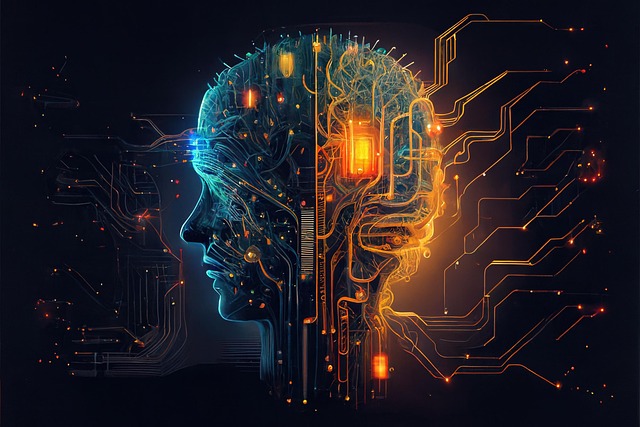
Do you ever find yourself thinking, “When I lose weight… when I’m more successful… when I look better — then I’ll be happy”?
This kind of thinking is everywhere, especially for women and those from marginalised communities. We're often taught that happiness is something we have to earn — by shrinking ourselves, improving constantly, or becoming more “perfect.”
But the deeper truth? Contentment doesn’t come from flawless appearances or achievements. It grows from within — and therapy can be a powerful step toward finding it.

Life is full of turning points. Some are expected — changing careers, children growing up, reaching your 40s or 50s — while others arrive without warning. Whether you're navigating a midlife transition, questioning your identity, or feeling adrift during a major life shift, it’s natural to wonder: Who am I now? And just as importantly: What happens next?
These are the kinds of questions that counselling can help explore. Therapy offers compassionate, non-judgemental support during life transitions — creating space to reflect, process, and move forward with clarity.

In recent years, artificial intelligence has made its way into almost every part of our lives — from the way we shop to how we access information. So it's no surprise that AI is also being explored in the realm of mental health. But while technology can be incredibly useful, it's worth asking: can it ever replace the depth of connection found in human therapy? In this article, we explore why the answer remains a resounding no — and why the human presence at the heart of therapy is more important than ever.